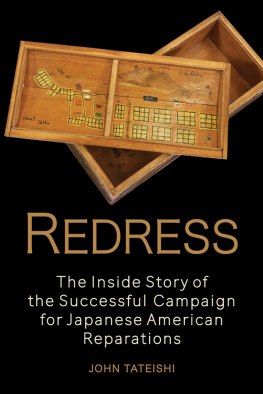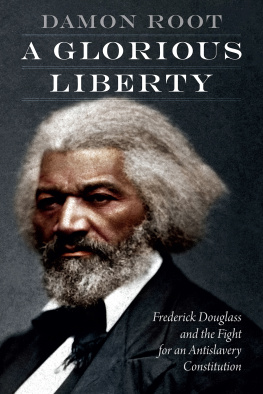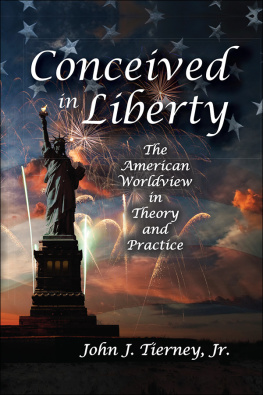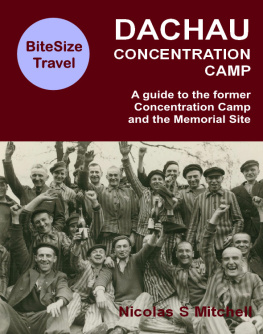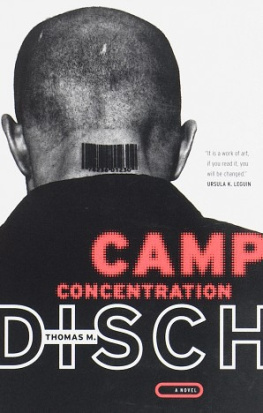Arrikha Alba - Time for outrage!
Here you can read online Arrikha Alba - Time for outrage! full text of the book (entire story) in english for free. Download pdf and epub, get meaning, cover and reviews about this ebook. City: New York;France, year: 2011, publisher: Grand Central Publishing;Hachette, genre: Politics. Description of the work, (preface) as well as reviews are available. Best literature library LitArk.com created for fans of good reading and offers a wide selection of genres:
Romance novel
Science fiction
Adventure
Detective
Science
History
Home and family
Prose
Art
Politics
Computer
Non-fiction
Religion
Business
Children
Humor
Choose a favorite category and find really read worthwhile books. Enjoy immersion in the world of imagination, feel the emotions of the characters or learn something new for yourself, make an fascinating discovery.

- Book:Time for outrage!
- Author:
- Publisher:Grand Central Publishing;Hachette
- Genre:
- Year:2011
- City:New York;France
- Rating:4 / 5
- Favourites:Add to favourites
- Your mark:
- 80
- 1
- 2
- 3
- 4
- 5
Time for outrage!: summary, description and annotation
We offer to read an annotation, description, summary or preface (depends on what the author of the book "Time for outrage!" wrote himself). If you haven't found the necessary information about the book — write in the comments, we will try to find it.
Time for outrage! — read online for free the complete book (whole text) full work
Below is the text of the book, divided by pages. System saving the place of the last page read, allows you to conveniently read the book "Time for outrage!" online for free, without having to search again every time where you left off. Put a bookmark, and you can go to the page where you finished reading at any time.
Font size:
Interval:
Bookmark:
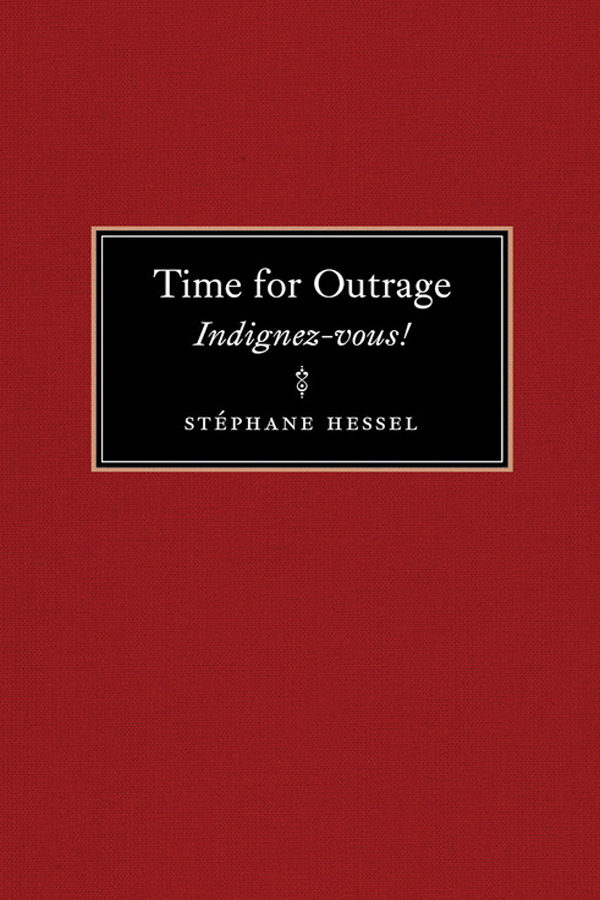
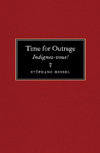
Copyright October 2010 by Indigne Editions
English translation 2011 by Marion Duvert
All rights reserved. Except as permitted under the U.S. Copyright Act of 1976, no part of this publication may be reproduced, distributed, or transmitted in any form or by any means, or stored in a database or retrieval system, without the prior written permission of the publisher.
Twelve
Hachette Book Group
237 Park Avenue
New York, NY 10017
Visit our website at www.HachetteBookGroup.com.
www.twitter.com/grandcentralpub.
Twelve is an imprint of Grand Central Publishing.
The Twelve name and logo are trademarks of Hachette Book Group, Inc.
The publisher is not responsible for websites (or their content) that are not owned by the publisher.
First eBook Edition: September 2011
ISBN: 978-1-4555-0971-3
Stphane Hessel was born in Berlin in 1917 to Franz Hessel, a German-Jewish writer and translator; and Helen Grund, a painter, musician, and writer. The couple moved to Paris in 1924 with their two children, Ulrich (the elder) and Stphane. Growing up in an artistic household, the boys came to know the Parisian avant-gardethe Dadaist painter Marcel Duchamp and the sculptor Alexander Calder, notably, were friends of the family. Stphane was admitted to the cole Normale Suprieure on rue dUlm in Paris in 1939, but his studies were interrupted by the war. Naturalized as a French citizen since 1937, he was drafted into the French Army and fought in the Phoney War. He left France upon learning that Marchal Philippe Ptain was yielding the countrys sovereignty, and subsequently joined General de Gaulles Free French Forces in London in March 1941.
In this period, Hessel worked at the Central Bureau of Intelligence and Operations, commonly referred to as the BCRA. In late March 1944, he was dispatched to France, where he landed clandestinely and commenced operations under the code name Greco. His mission was to establish communication with the various Resistance movements in Paris, and to find new locations from which to broadcast information to London in preparation for the Allied invasion. On July 10, 1944, he was betrayed to the Gestapo and captured in Paris. He wrote in his memoirs Dance with the Century, published in 1997, that there should be no prosecution against those who speak under torture. Hessel himself was interrogated and torturedby waterboarding, in particularbut his command of the German language disconcerted his torturers. On August 8, 1944, mere days before the Liberation of Paris, he was sent to the Buchenwald concentration camp in Germany, where he was sentenced to death by hanging. On the eve of his execution, he managed to exchange his identity with that of a Frenchman who had died of typhus in the camp. And under his new name, Michel Boitela miller by professionhe was transferred to the Rottleberode camp, near the factory where Germany produced the undercarriage for the Junkers Ju 52 airplane. Luckily (in another testament to Hessels unfaltering good fortune) he was placed in the accounting department.
He tried unsuccessfully to escape and was transferred to the Dora camp, where the V-1 and V-2 flying bombsthe missiles with which the Nazis still hoped to win the warwere manufactured. He was assigned to the disciplinary company and escaped again, this time successfully, as the troops of the Allied forces were approaching Dora. And at long last he returned to Paris, where he reunited with his wife, Vitia, the mother of his two sons and daughter.
I had reclaimed my life, and was intent on living an engaged existence, he wrote in his memoirs, describing this period.
In 1946, he was admitted to the Ministry of Foreign Affairs and became a diplomat. His first appointment was at the United Nations, where Henri Laugier, assistant secretary-general of the United Nations and secretary of the United Nations Commission on Human Rights, asked Hessel to serve as his chief of staff. It was in this position that Hessel joined the committee in charge of drafting what became the Universal Declaration of Human Rights. Among the twelve members of the committee, six played a crucial role. Eleanor Roosevelt, widow of President Roosevelt, a feminist and a lifelong human-rights advocate, chaired the committee. Dr. Peng Chung Chang (from Kuomintang China), vice chairman of the committee, said that the declaration should reflect not only Western but also Eastern ideas. Charles Habib Malik (Lebanon), committee rapporteur, is often characterized, along with Eleanor Roosevelt, as the driving force for the declarations adoption. Ren Cassin (France), a jurist and a diplomat, was president of the French National Consultative Commission on Human Rights. He drafted several articles of the declaration, and his response to the fear expressed by some states (France included) that the declaration might imperil their colonial sovereignty was remarkable. Cassin was ambitious, undeterred, and in favor of interventionism. John Peters Humphrey (Canada), a lawyer and a diplomat, was a close collaborator of Laugiers. He wrote the first four-hundred-page draft of the declaration. And finally, there was Stphane Hessel, diplomat and Laugiers chief of staff, the youngest of all the members. The spirit of the Resistance clearly ruled over the committee.
The declaration was adopted by the United Nations on December 10, 1948, at the Palais de Chaillot in Paris. In the years that followed, the United Nations saw a flood of new officers seeking lucrative positions. This shift marginalized those who, as Hessel recalls in his memoirs, strived to impose their ideals. Hessel left the United Nations and was appointed by the Ministry of Foreign Affairs as a representative of France in a number of international institutionsthus giving him the chance to return to New York and the United Nations for a brief period of time. He actively supported Algerias independence during the Algerian War. And in 1977, thanks in part to Secretary-General of the Elyse Claude Brossolette (the son of Pierre Brossolette, who had been the director of the BCRA) Hessel was offered the position of French ambassador at the United Nations in Geneva by President Valry Giscard dEstaing.
Hessel was characteristically upfront about this: of all the French politicians, it was with Pierre Mends-France that Hessel felt the greatest affinity. They had met in London at the time of the Free French Forces, and again in New York in 1946 at the United Nations, where Mends-France represented their country in the Economic and Social Council. As he would later write, Hessel owed the consecration of his career as a diplomat to the deep metamorphosis France underwent when Franois Mitterrand became president in 1981. Under Mitterrand, I went from being a functional diplomat, rather narrowly specialized in multilateral cooperation, to a French ambassador. Hessel later joined the Socialist Party.
Why? I wonder. My immediate answer is: the shock of 1995. I would have never thought the French population could be so reckless as to elect Jacques Chirac president. Hessel and his new wife, who at this time held diplomatic passports, visited the Gaza Strip in 2008 and 2009. He attested to the painful struggle of Gazas inhabitants. And around that time, he declared the following: I have always sided with the dissidents.
This is, indeed, the very same man who speaks here at age ninety-three.
SC
N inety-three years old. The last leg of my journey. The end is in sight. Im lucky to be able to seize the time I have left to reflect on the events that laid the foundation for my lifelong commitment to politics: the Resistance, and the program devised sixty-six years ago by the National Council of the Resistance. For this, we owe a debt of gratitude to Jean Moulin, who rallied together the scattered forces that opposed the German occupation of Franceresistance movements, political parties, trade unionsto unite them in their defense of France and their pledge of allegiance to its only true leader: General Charles de Gaulle. I had joined de Gaulle in London in March 1941. And it was there, on
Font size:
Interval:
Bookmark:
Similar books «Time for outrage!»
Look at similar books to Time for outrage!. We have selected literature similar in name and meaning in the hope of providing readers with more options to find new, interesting, not yet read works.
Discussion, reviews of the book Time for outrage! and just readers' own opinions. Leave your comments, write what you think about the work, its meaning or the main characters. Specify what exactly you liked and what you didn't like, and why you think so.


